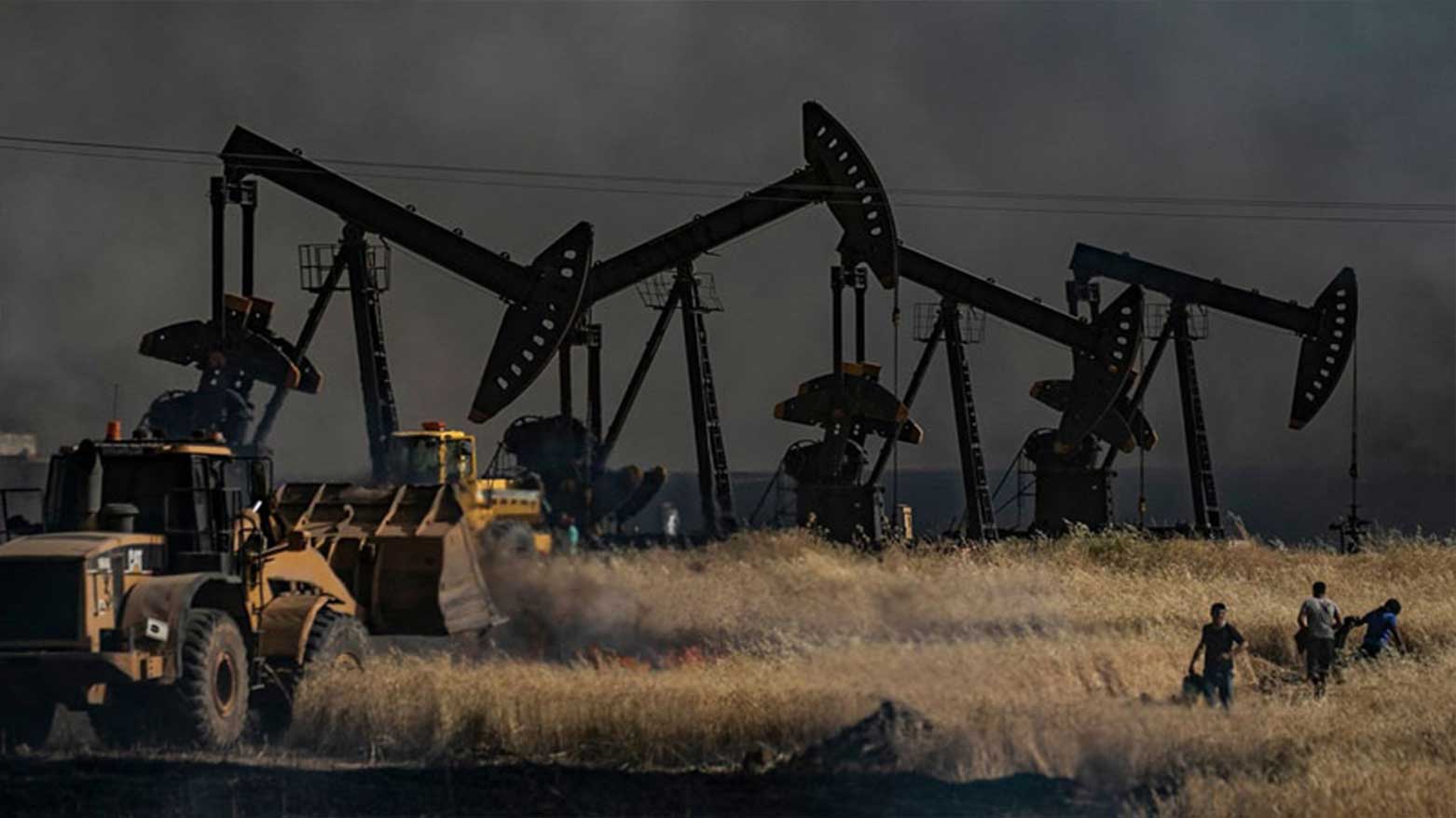Syrian Kurdish Authorities Begin Supplying Oil to Damascus in Landmark Deal
According to Syria’s oil ministry spokesman, the shipments are based on an amended version of a previous arrangement between the Assad government and SDF.

ERBIL (Kurdistan24) - Kurdish-led authorities in northeast Syria, also known as Rojava, have started providing oil from local fields to the central government in Damascus, the first public acknowledgment of internal oil deliveries from Syria's oil-rich northeast. This was confirmed by Syrian oil ministry spokesman Ahmed Suleiman, who spoke to Reuters on Saturday.
The deliveries are sourced from fields in the provinces of Hasakeh and Deir el-Zor. According to Suleiman, the shipments are based on an amended version of a previous arrangement between the Assad government and the SDF.
This new arrangement is said to be structured to serve the interests of those linked to the current regime.
A source from northeast Syria’s semi-autonomous Kurdish administration told Reuters that the deal involves sending 5,000 barrels of crude oil per day from the Rmeilan field in Hasakeh and other fields in Deir el-Zor to a refinery in Homs.
In 2010, before Syria’s ongoing civil war, the country exported 380,000 barrels of oil per day. However, the war has devastated the nation’s economy and infrastructure, including its oil industry, with fields changing hands multiple times.
The Kurdish-led Syrian Democratic Forces (SDF) later gained control of key northeast fields. Despite this, U.S. and European sanctions have hindered both imports and exports of Syrian oil.
The United States granted a six-month sanctions exemption in January, permitting certain energy transactions. The European Union (EU) is also poised to suspend sanctions on energy, transport, and reconstruction, facilitating smoother oil imports. However, Syria has found it difficult to attract interest from major traders due to ongoing financial risks and sanctions.
The internal oil trade is a central aspect of negotiations between northeast Syria's Kurdish authorities and the new leadership in Damascus, which aims to reassert centralized control across Syria.
Sources told Reuters that the SDF may need to relinquish control of oil revenues as part of any settlement. According to Reuters, the SDF commander Mazloum Abdi stated last month that his forces are open to transferring responsibility for oil resources to the Damascus administration, provided that the revenues are fairly distributed across Syria’s provinces.